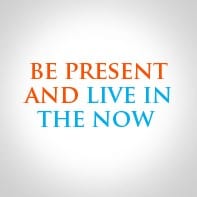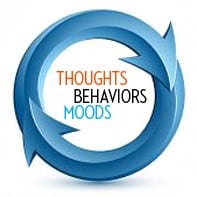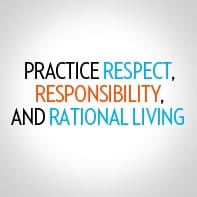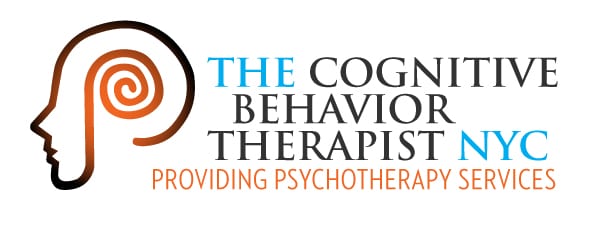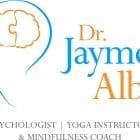Tips on how to optimize holiday stress and avoid stress overload
Optimize Holiday Stress: Avoid Stress from becoming distress-Tips from Dr. Jayme, Ph.D Health Psychologist and Yoga Instructor. Can you avoid stress from becoming distress this holiday season? For many people the holiday season can mean a time of additional stress. This can quickly turn into distress. How can you avoid stress from becoming distress? The … Continue reading Tips on how to optimize holiday stress and avoid stress overload
